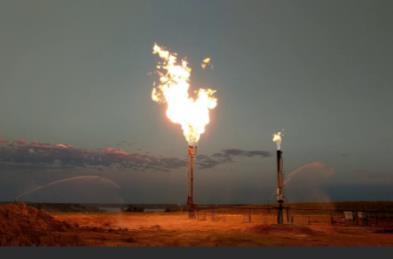
2 minute read
FINAL THOUGHTS FROM SYENNA
The law of unexpected consequences
You may have detected in earlier ramblings that I am keen to reduce my carbon footprint. Even if I were fanatical about this, my annual CO2 reduction would be wiped out in about 13 hours by the flare from a single oilwell. But if millions of us take small steps, then collectively we can make a difference.
Advertisement
As part of this, I have had the gas supply to our house disconnected, and we choose to buy “green” electricity. To be more accurate, we pay for green energy, but we have no control over what is sent to our property.
To my knowledge, there is no filter on our electricity fuse-board that can reject electrons generated by a fossil-fuelled power station. Nevertheless, I reason that we should commit to as much green energy as possible, and encourage others to do so, because that will incentivize the markets to invest in green energy, reducing the cost per KWh, and creating a virtuous circle in systems thinking terms. [Or it would do if government policy didn’t get in the way; I provocatively ask whether the energy market is a huge system of systems that evolved to support the incumbents and those who influence our politicians].
Getting back to my narrative, our electrical heat costs us quite a bit more than gas-fuelled heat. Fortunately for us, we can use our electrical system in a much smarter way, so our energy consumption has noticeably reduced, although our total bill is still higher (with or without the recent surge in energy prices).
I accept this because fossil fuel has been far too cheap for a century. As a race, we plundered the planet for short-term development without accounting for the life cycle costs. I suggest that it is only systemsaware people who care about that. Now our generation has to find a way of paying the debt back, and I’m happy to be in the van, even if my English is archaic.
In the unlikely event that you are still reading it, I’d like to explain the title of this article. We have quite a number of thermostats dotted around our house. If any measured temperature falls below 4 Celsius, the relevant heaters switch on automatically, in order to avoid frozen pipes and destruction of grand pianos.
In order to reduce the cost and disruption of installation, we opted for wireless devices, each of which is powered by 3 AA batteries.
When the batteries get low, the measurement defaults to outside temperature, which is obtained from Unsocial Media or something along those lines. The unexpected consequence? If we are on holiday when the batteries run down, the heating system will stay on until the outside temperature goes above 4 Celsius. Our little hotspot of a house will be doing its best to warm up the planet, which of course is the inverse of our mission statement. But at least I will only be paying for “green” energy to achieve this own goal.
1 The global number of flares being tracked is 136,000: https://www.worldbank.org/en/programs/gasflaringreduction/global-flaring-data


The estimated total CO2 output from flares is 350 MTonnes: https://www.bing.com/search?q=annual+CO2+from+flaring&PC=C441&FORM=C441DF
Hence the average annual CO2 output from one flare is 2,574 Tonnes.






